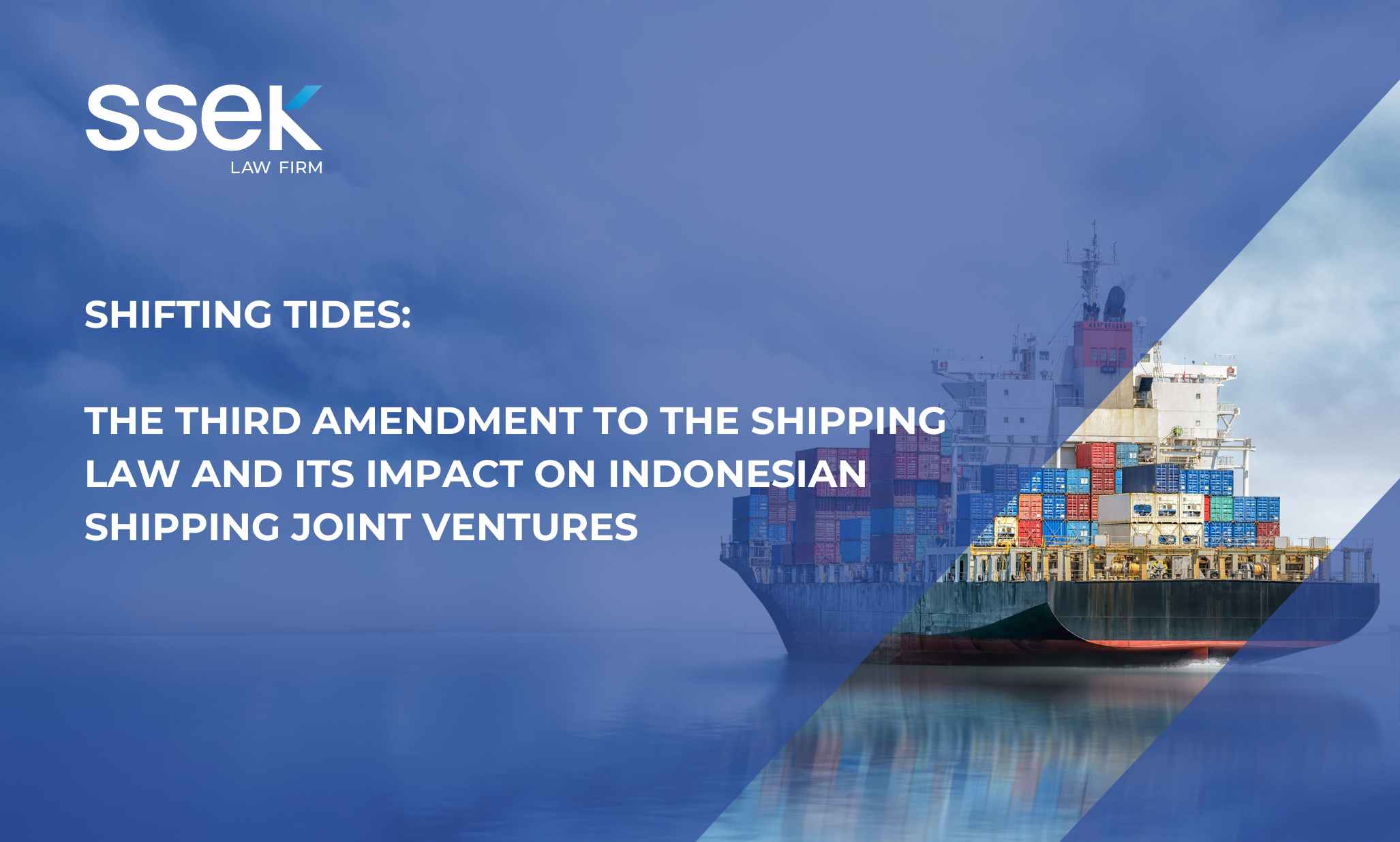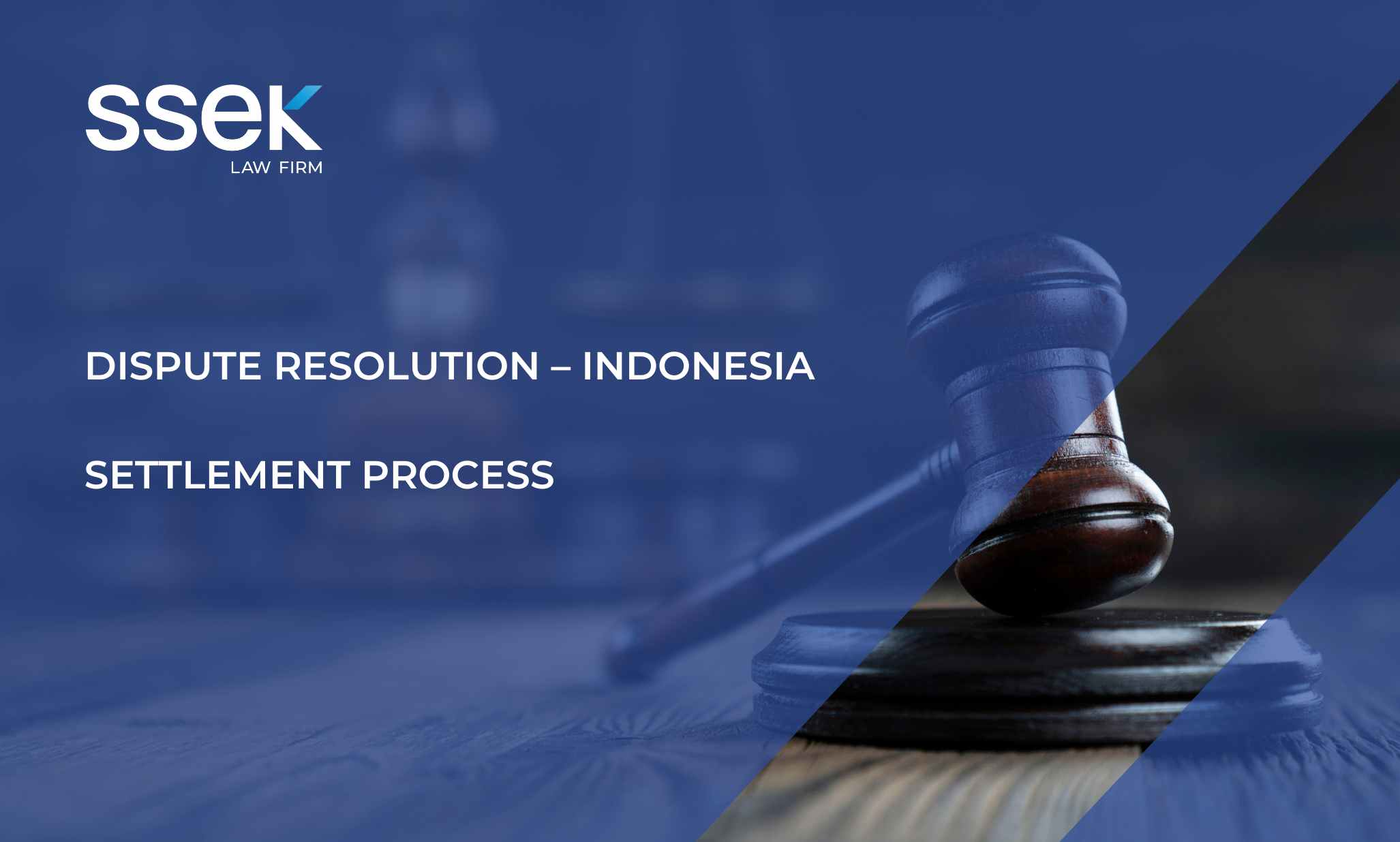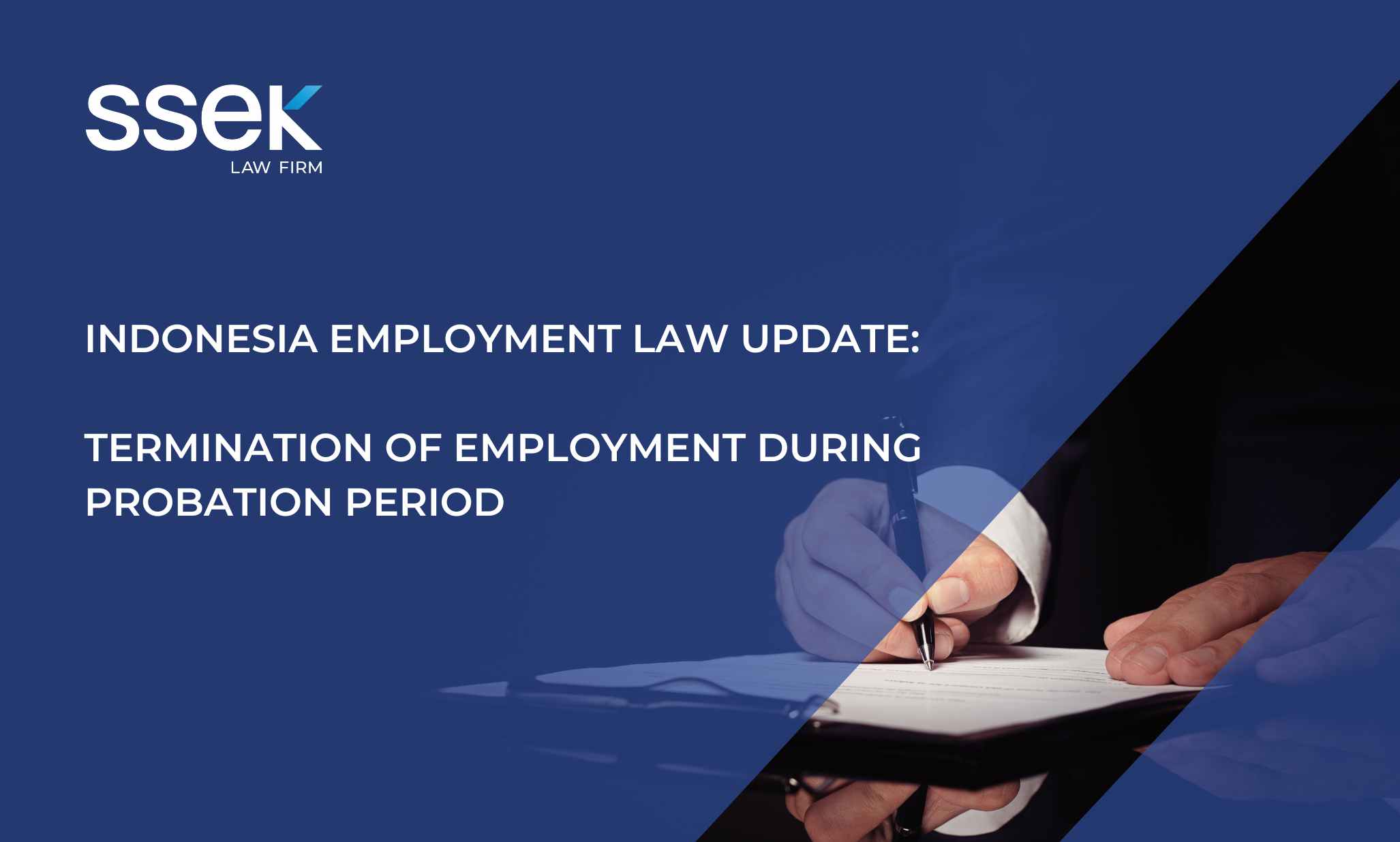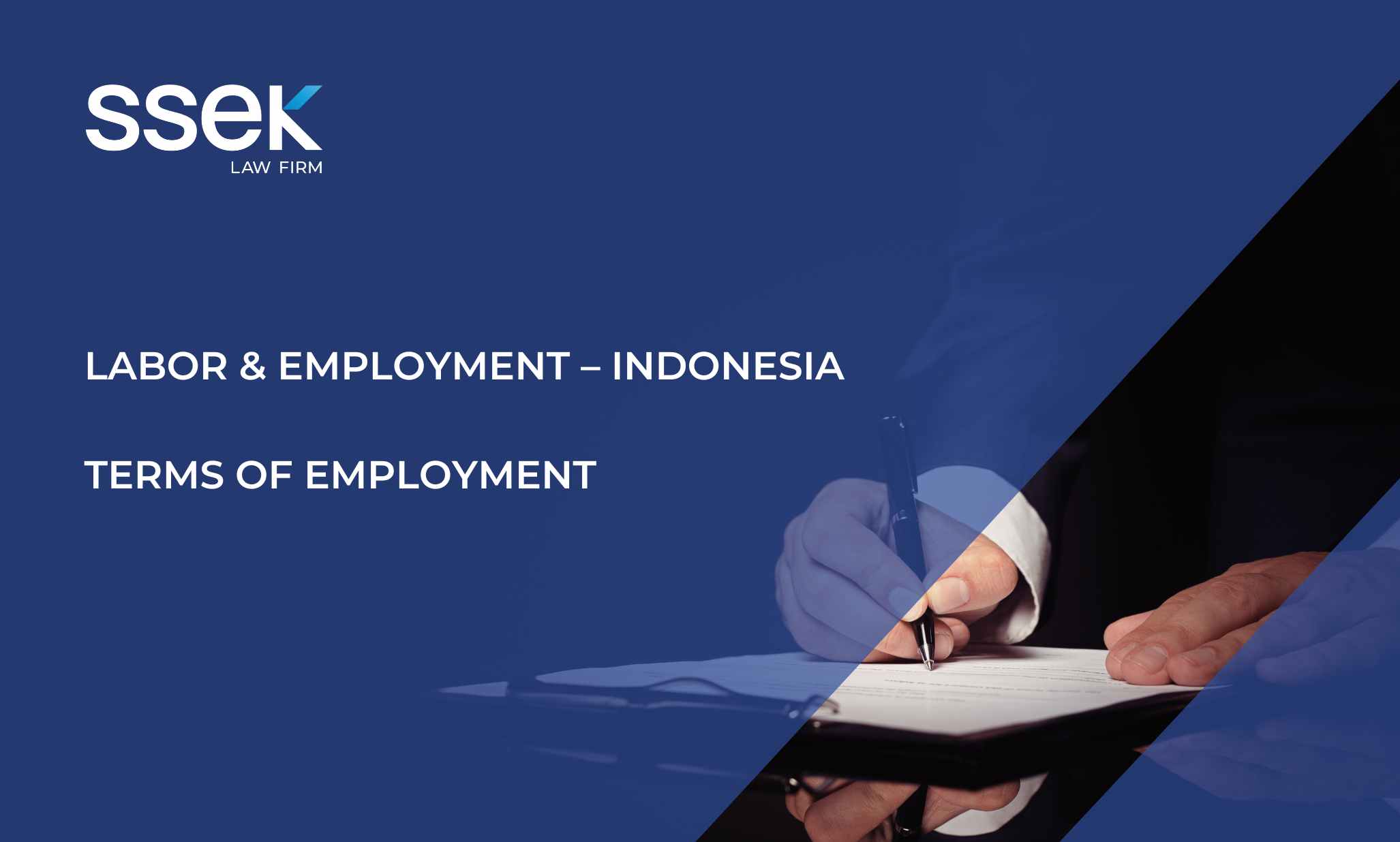


The third amendment to Indonesia’s Shipping Law, through Law No. 66 of 2024 regarding the Third Amendment to Law No. 7 of 2008 on Shipping (“Third Amendment”), had a massive impact on Indonesian shipping joint ventures, i.e., shipping companies with a foreign entity as a shareholder (“Shipping JV”).
The Third Amendment introduces, among other things, three key changes to the requirements for a Shipping JV, focusing on the following areas: (i) Indonesian Shareholders in a Shipping JV; (ii) Foreign Shareholders in a Shipping JV; and (iii) Minimum Vessel Measurement Requirements.
We further discuss each principal modification under the Third Amendment below.
Permitted Indonesian Shareholders in a Shipping Joint Venture
Prior to the enactment of the Third Amendment, Indonesian individuals and wholly owned Indonesian business entities, i.e., wholly Indonesian-owned companies, were permitted to form shipping joint ventures with foreign entities. However, the introduction of Government Regulation No. 31 of 2021 concerning the Implementation of the Shipping Sector (“GR 31/2021”) introduced a more stringent requirement.
In general, all shipping companies operating in Indonesian territory are required to own a vessel. Specifically, GR 31/2021 stipulates that a vessel may only be registered by a Shipping JV Company if such Shipping JV company has a wholly Indonesian-owned shipping company (“PMDN Shipping Company”) as its majority shareholder. This provision appears to align with Article 29(2) of the Third Amendment.
The wording of Article 29(2) of the Third Amendment suggests that the establishment of a Shipping JV is now exclusively reserved for PMDN Shipping Companies as the majority shareholder. In contrast to the previous regulatory language, this new provision appears to exclude other non-shipping entities, as well as individual Indonesian citizens, from forming a Shipping JV with foreign entities.
Permitted Foreign Shareholders in a Shipping JV
Prior to the enactment of the Third Amendment, the formation of Shipping JVs by Indonesian citizens or Indonesian-owned business entities (as majority shareholders) and foreign entities, including foreign shipping companies, foreign legal entities or foreign citizens, was permitted.
Now Article 29(2) of the Third Amendment introduces a significant restriction on the type of “foreign entities” allowed to participate as a shareholder in the establishment of a Shipping JV. The provision specifies that a Shipping JV may only be established between a PMDN Shipping Company and a foreign shipping company. This effectively narrows the scope of eligible foreign shareholders to a foreign entity engaging in the shipping business.
However, the term “foreign shipping company” is not clearly defined under the Third Amendment. It is unclear whether the term refers to a company holding specific trademarks or intellectual property related to shipping, or if it requires the company to be directly engaged in shipping activities, such as owning and operating vessels. This leaves room for interpretation until the issuance of an implementing regulation clarifies the matter.
Substantial Increase in Minimum Vessel Measurement Requirements
Under the previous regime, Shipping JVs were required to own at least one Indonesian-flagged vessel with a minimum measurement of 5,000 Gross Tonnage (GT). Article 29(2) of the Third Amendment imposes a substantial increase in this requirement. Shipping JVs must now own and operate an Indonesian-flagged vessel with a minimum measurement of 50,000 GT per vessel.
The previous provision included the language “at least one,” which allowed Shipping JVs to own additional vessels that measured below 5,000 GT. The current regulation uses the phrase “per vessel,” which indicates that every vessel owned by a Shipping JV must individually meet the minimum measurement of 50,000 GT.
In other words, Shipping JVs are no longer allowed to register a vessel that does not meet this minimum measurement requirement. This eliminates the flexibility previously afforded to Shipping JVs.
What Next for Existing Shipping Joint Ventures?
With the drastic modifications introduced by the Third Amendment, existing Shipping JVs may be left questioning the possibility of being deemed as non-compliant. Regarding this concern, Article 346A of the Third Amendment provides a grandfather provision that exempts existing Shipping Joint Ventures that engaged in the relevant business activities prior to the enactment of the Third Amendment from the aforesaid requirements of Articles 29(2) and 158A of the Third Amendment.
However, this exemption is not unconditional. Shipping JVs will lose their grandfathered status and must comply with the new provisions, i.e., Articles 29(2) and 158A, if they undertake any of the following actions:
- Amend their company deed;
- Change company data related to share ownership composition or shareholder structure; or
- Acquire or purchase new vessels.
Notwithstanding the foregoing, the Government of Indonesia has yet to promulgate the implementing regulations for the Third Amendment. As a result, stakeholders in the shipping sector may find themselves in a state of “wait and see” until there is further guidance from the Government on the implementation and interpretation of the provisions set forth in the Third Amendment.
This publication is intended for informational purposes only and does not constitute legal advice. Any reliance on the material contained herein is at the user’s own risk. All SSEK publications are copyrighted and may not be reproduced without the express written consent of SSEK.









